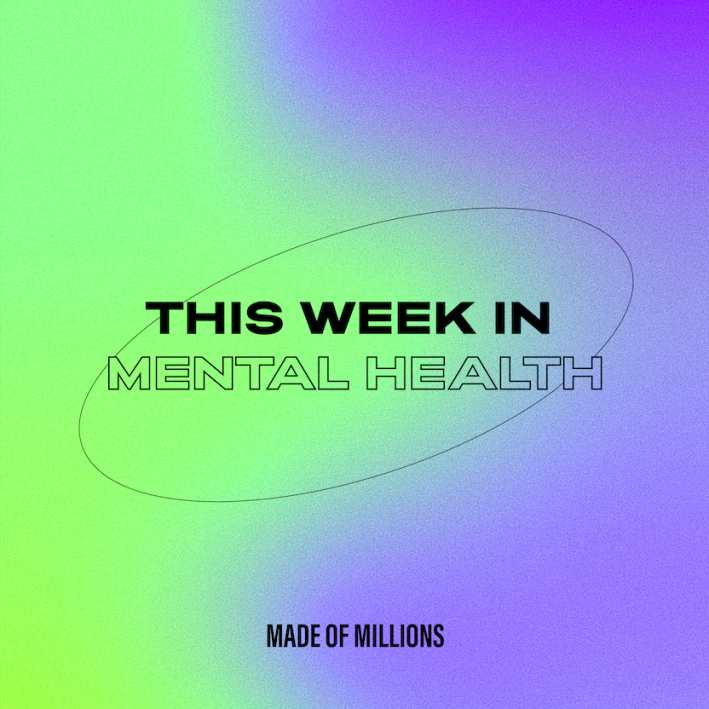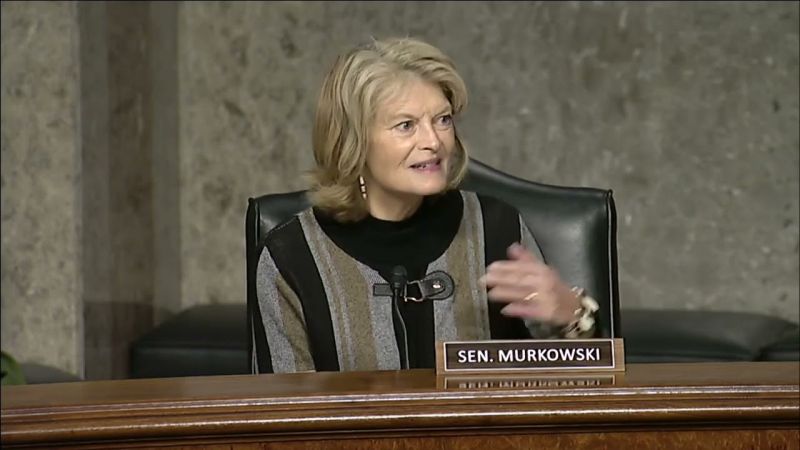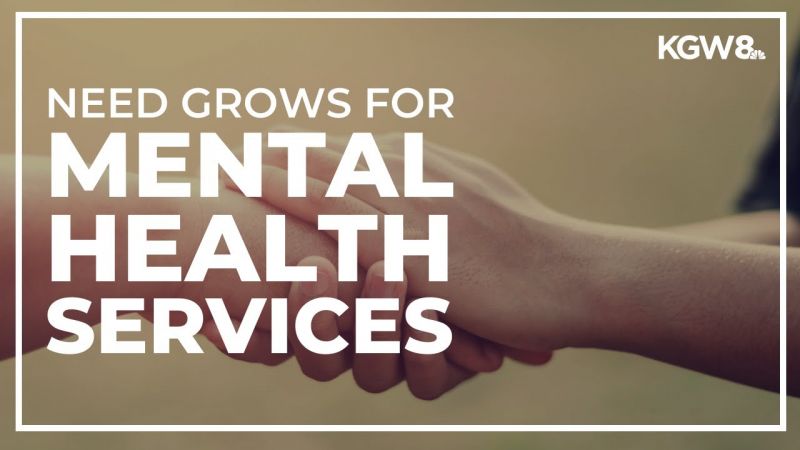This Week In Mental Health
The latest on legislation and research for the week of January 31st.
Escrito por Esther Fernandez

01 Senators work on mental health packages and therapists seek exemption from The No Surprises Act.
02 Research looks at mental health of homeless LGBTQ youth, how the pandemic affected those with ADHD, the crisis happening at college counseling centers, and more.
Conversations about mental health have grown exponentially over the last decade, with more and more people committing to personal and collective wellness. While we have a ways to go before mental health awareness, education and treatment are accessible to all, each day brings new and positive strides within the field.
Our This Week In Mental Health series covers the latest happenings in research, treatment, human interest stories, and more. Stay updated on new developments so you’re better equipped to navigate the world, and most importantly, your own recovery.
Here’s what’s happening the week of January 31st, 2022.
Legislation
Senate Begins Work On Bipartisan Mental Health Package
Senators are continuing to plan out mental health legislative packages. The Senate Finance committee introduced their plan last year, and will provide updates next week alongside Surgeon General Vivek Murthy. Many people — from science officers to university department chairs to CEOs — have shared what mental health issues in their field concerned them. Senate Health, Education, Labor, and Pensions committee leaders say they will learn more about suicide deaths in particular.

Senator Murkowski Opening Statement at HELP Hearing on Mental Health and Substance Use Disorders
Mental Health Therapists Seek Exemption From Part of Law to Ban Surprise Billing
Some mental health organizations are raising concerns against new legislation, The No Surprises Act, which prevents providers from giving surprise medical bills. One part of the act, price transparency, requires many practitioners to diagnose and give treatment costs, which therapists say they are unable to estimate upfront. Additionally, certain patients can challenge the bill if practitioners miscalculate the amount by $400. Eleven mental health organizations signed a letter asking mental health care to be exempt from the act.
Research
Homelessness Linked To Poor Mental Health Among LGBTQ Youth
The Trevor Project released a new report showing that LGBTQ youth who are homeless are more likely to struggle with mental health. Surveying more than 34,000 LGBTQ youth, it was found that homeless LGBTQ youth have a two to four times greater risk of struggling with depression, anxiety, self harm, and suicidality. Certain demographics were more affected by these issues, such as people of color. Past reports from the Trevor Project also show LGBTQ youth had increasingly high rates of housing issues during the pandemic.
Pandemic Disproportionately Harms Youth with ADHD
Children with ADHD are more likely to struggle with their mental health during the pandemic. Researchers studied over 1,000 children, with around half of them having ADHD. They found that children with ADHD have more sleep problems, family conflict, struggles with school, and fear of getting COVID-19. However, children with ADHD do not have an increased risk for COVID-19.
Perception Study May Explain Promising Depression Therapy
A new study at the University of Wisconsin looked at brain functions, and how ketamine may be able to treat depression. Participants in the study were tasked to associate certain shapes with sounds, and it was found that they were able to make associations more quickly when the sounds were more predictive. However, ketamine slowed and quieted the brain’s ability to make predictions. Neuroscience professor Yuri Saalmann explains how ketamine could help to treat depression by blocking negative predictions.
How The Mental Health Crisis Is Crushing College Counseling Centers
College counselors report high levels of burnout this past year. A study from Mantra Health, a digital mental health clinic that works with universities, looked at 117 counseling centers from colleges and universities. About 90 percent of counselors report feeling burnout in Fall of 2021. Additionally, over 60 percent report feeling just as tired or more compared to the height of the pandemic. One college counseling director says that many centers have employees leaving, with few applicants coming to take their place as demand increases.

Need For Mental Health Services Grows As Workforce Shrinks
Mild Cognitive Impairment or ADHD? New Study Highlights Differences
A new study looked to find differentiations in memory problems between those with ADHD and those with mild cognitive impairment. Oftentimes, memory issues in older adults are wrongly attributed to mild cognitive impairment instead of ADHD. Researchers did neuropsychological assessments on 106 participants, finding that the pathological processes are different for each condition. By making these distinctions clear, older adults can receive more accurate diagnoses and better care.
Geography Affects Mental Health Care
Those who live in rural areas struggle more with substance use and accessing mental health care compared to those in urban areas. Looking at insurance claims from 2005 to 2018, researchers from the University of Georgia found that those in rural areas use mental health services less, have poorer quality care, and paid more. The lead author theorizes that rural areas have less specialists, so patients are forced to pay high, out-of-network prices for care.
Apoya nuestro trabajo
Nuestra misión es cambiar la manera en que el mundo percibe la salud mental.



















